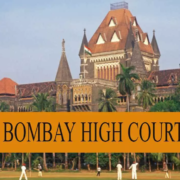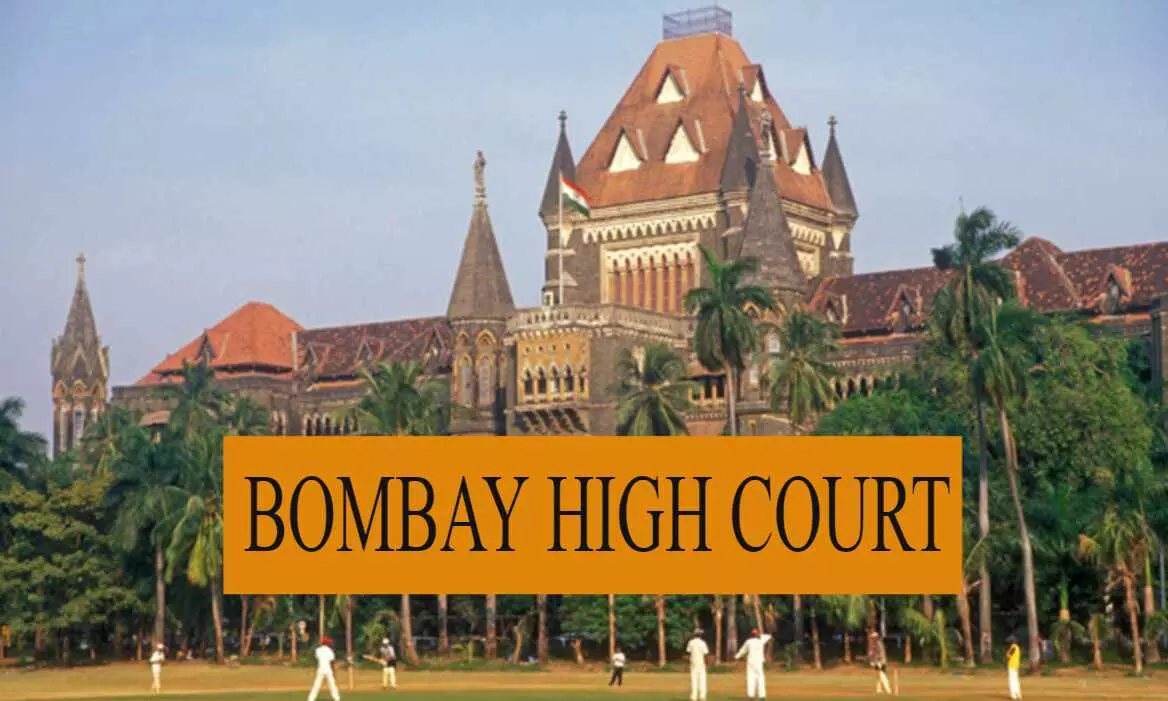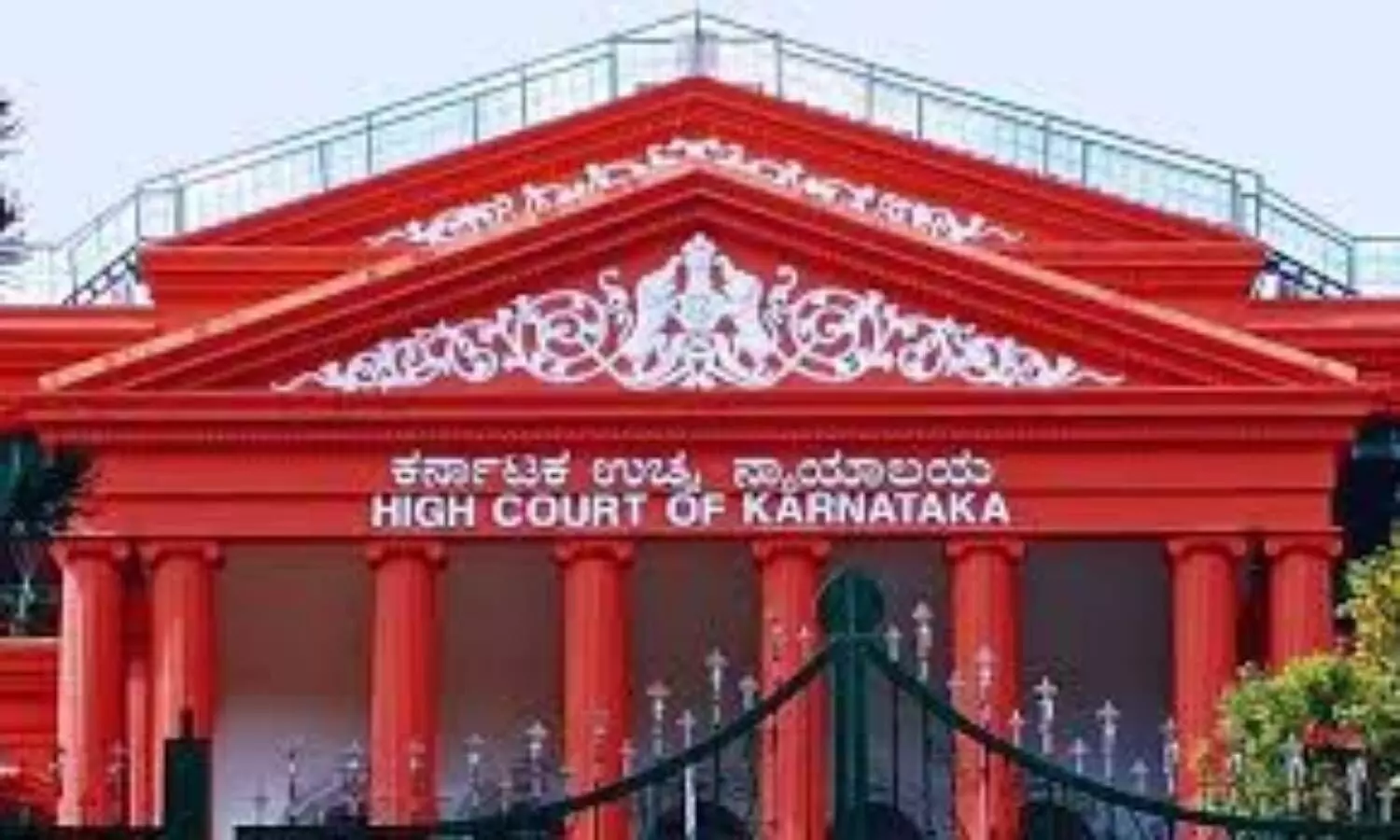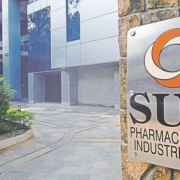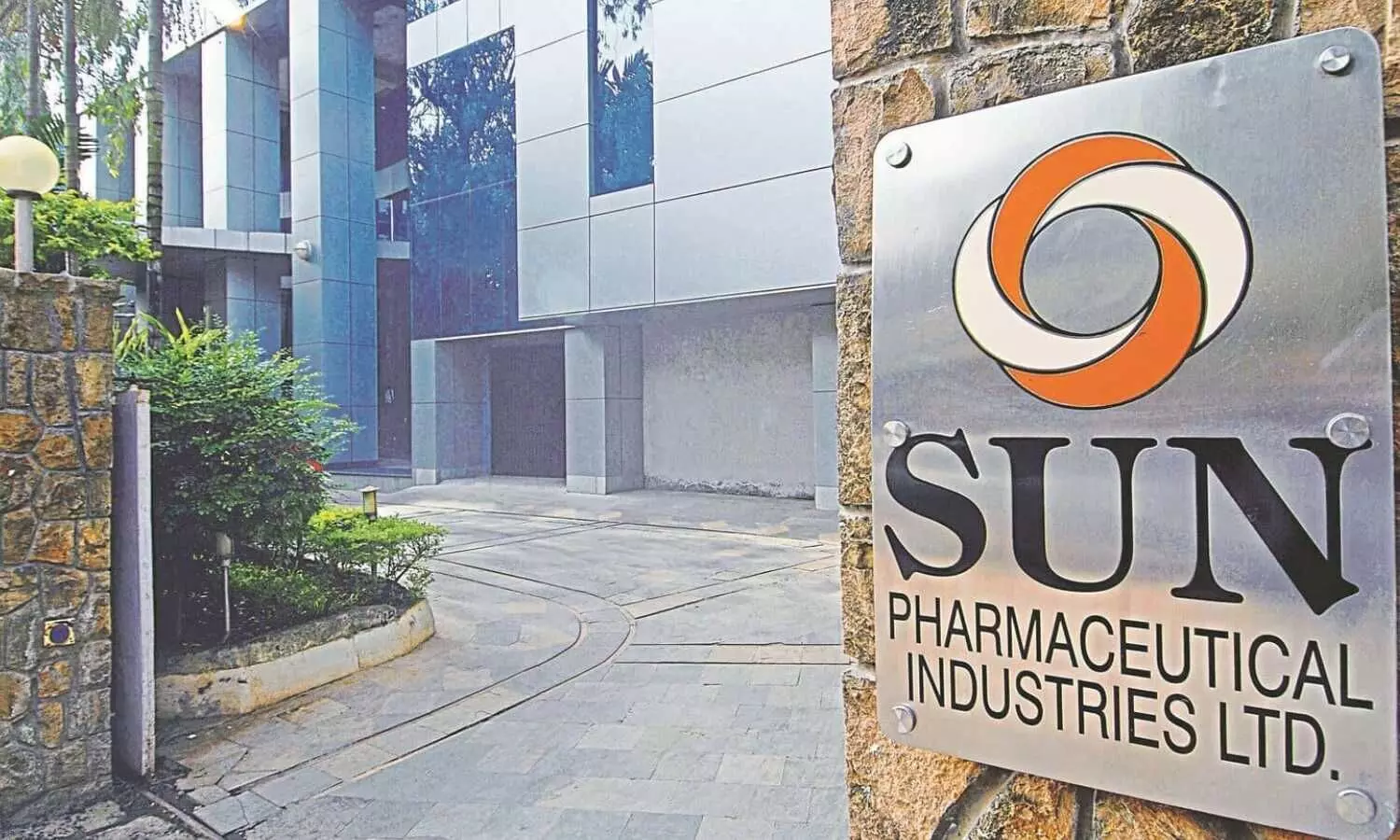Pelvic Inflammatory Disease linked to Increased Risk of Serous Borderline Ovarian Tumors, study
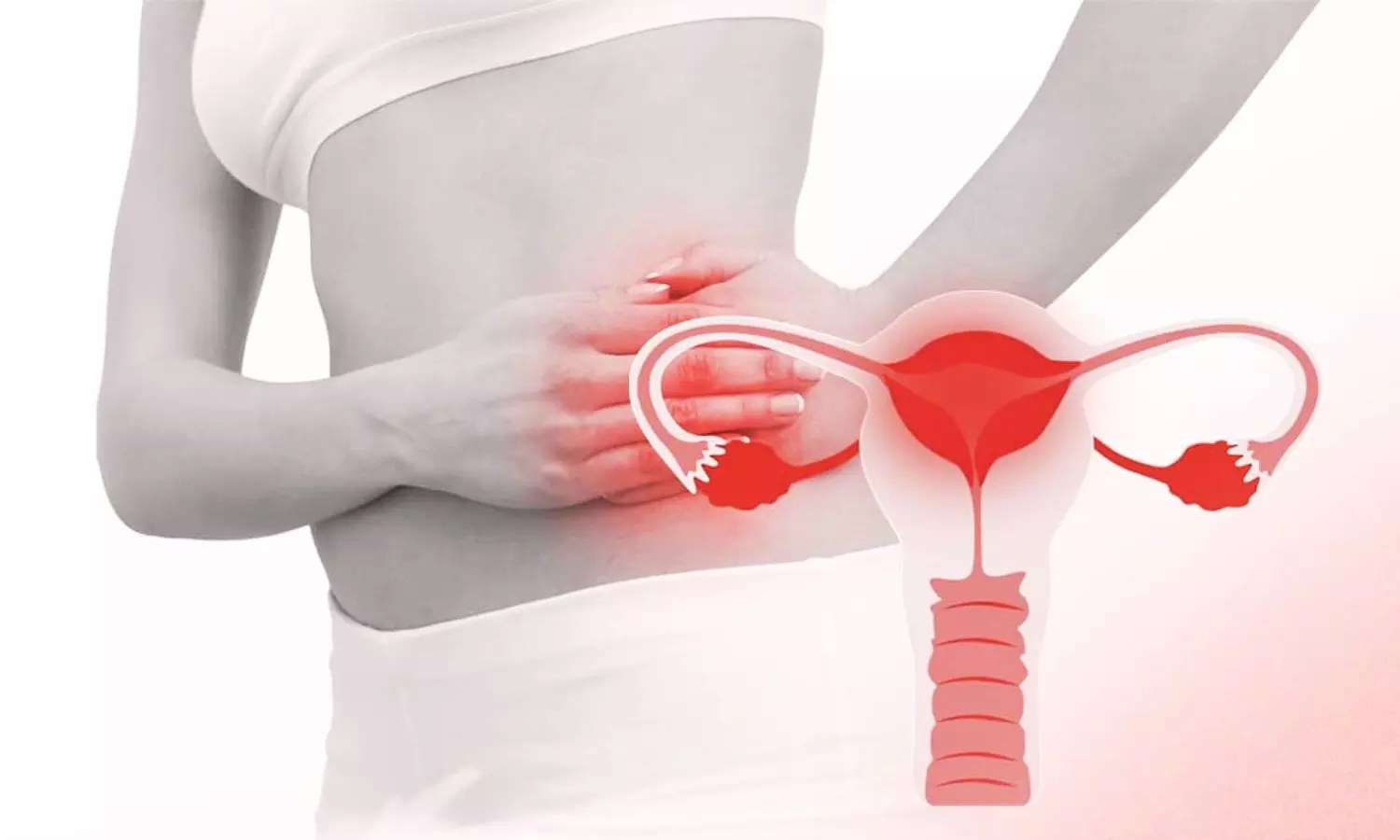
Sweden: A recent nationwide case-control study conducted in Sweden has uncovered a significant association between pelvic inflammatory disease (PID) and an elevated risk of developing borderline ovarian tumors (BOTs).
The research, published in the International Journal of Cancer, indicates that individuals with a history of PID face a 48% increased likelihood of being diagnosed with these tumors, specifically highlighting a stronger correlation with serous tumors compared to mucinous types. Moreover, a dose-response relationship was identified, indicating that a greater number of PID episodes is associated with an elevated risk of serous tumors.
While pelvic inflammatory disease has been associated with tubo-ovarian carcinoma, its relationship with borderline ovarian tumors (BOT) remains less clear. This population-based case-control study utilizing Swedish national registers revealed that PID diagnosed before BOT development was linked to serous BOT but not to mucinous BOT. Additionally, a significant trend showed an increased BOT risk corresponding to the number of PID episodes. These findings suggest that infections of the fallopian tubes and adjacent tissues may elevate the risk of serous BOT.
The similarity between fallopian tube cells and serous borderline ovarian tumors points to a potential origin link, with salpingitis suggested as a contributing factor in the development of BOTs. Considering this, Sarah Jonsson, Department of Clinical Sciences, Obstetrics and Gynecology, Umeå University, Umeå, Sweden, and colleagues aimed to investigate the potential relationship between pelvic inflammatory disease (PID) and the risk of developing BOT.
For this purpose, the researchers conducted a national population-based case-control study in Sweden, including women diagnosed with borderline ovarian tumors from 1999 to 2020, along with ten matched controls. They analyzed data from nationwide registers using conditional logistic regression, adjusting for factors such as age, residential district, educational level, and parity.
The following were the key findings of the study:
- Among 4782 cases and 45,167 controls, 2.0% of cases and 1.3% of controls had a history of PID.
- Previous PID was associated with an increased risk of BOT overall (aOR, 1.48).
- A significant association was observed with serous tumors (aOR, 1.76), while not with mucinous tumors (aOR, 0.95).
- A dose-response relationship was noted between the number of PID episodes and serous BOT risk.
“This study shows that pelvic inflammatory disease is linked to a heightened risk of serous borderline ovarian tumors, with evidence of a dose-response relationship. The findings emphasize the significant implications of upper reproductive tract infections and inflammation. This highlights the necessity for further exploration of the biological mechanisms involved and the potential effects of PID on the development of serous BOT,” the researchers concluded.
Reference:
Jonsson, S., Jonsson, H., Lundin, E., Häggström, C., & Idahl, A. Pelvic inflammatory disease and risk of borderline ovarian tumors: A national population-based case–control study in Sweden. International Journal of Cancer. https://doi.org/10.1002/ijc.35180
Powered by WPeMatico


